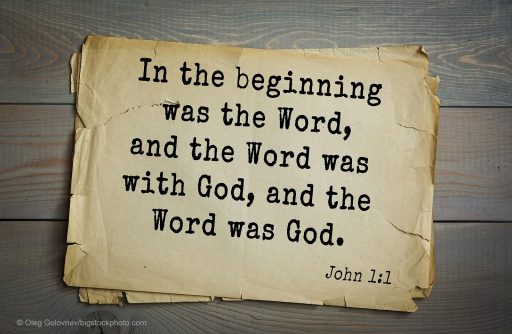
Both believers and skeptics ask the question, “What is the godhead?” While I don’t pretend to understand the Godhead, I have spent years trying to explain it.
Passages like John 14:26 bother a lot of folks. That passage has Jesus saying, “But the Comforter, even the Holy Spirit, who the Father will send in my name, He shall teach you all things and bring to your remembrance all that I said to you.” The word “godhead” is found three times in the King James version of the New Testament, each time translating a different Greek word. In Acts 17:29 (theios), Paul was talking to the philosophers in Athens. Romans 1:20 (theiotes) deals with evidence for God’s existence. Colossians 2:9 (theotes) was dealing with philosophy and human deceit.
An analogy that may help us understand the Godhead is that humans have three parts that makeup one individual. We all have intellect, which allows us to be creative and have ideas of a spiritual nature. God’s intellect is seen in the creation and design we see all around us.
We all have a personality that allows us to express our spiritual nature and to love in a way that is not just survival. Jesus taught His followers to be known by their love (See John 13:34-35) and demonstrated it in His life. He used the Greek word “agape” and referred to caring about all of humanity – even our enemies.
We all have spirit, which is the action that we do, and the Bible consistently uses that word with a verb. (“The Spirit MOVED upon the face of the waters.” “He will TEACH you.” My spirit will not always “STRIVE” with man.) We are all just one individual, but we all have intellect, personality, and spirit.
When the disciples questioned how they could see God, Jesus gave an answer that involved one part of the Godhead while referencing the other parts. (See John 14:9-10.) John 1:1 and 1:14 and 1 Timothy 3:16 show that Jesus was God in the flesh. It is impossible for us to understand the Godhead. St. Augustine wrote, “If you understand God, what you understand isn’t God.” J.B. Phillips wrote a book titled “Your God is Too Small,” in which he pointed out how the human mind limits God.
We humans will never understand everything there is to know about God, creation, or God’s purpose in creating us, but we can understand enough to make our lives meaningful and productive.
— John N. Clayton © 2024

